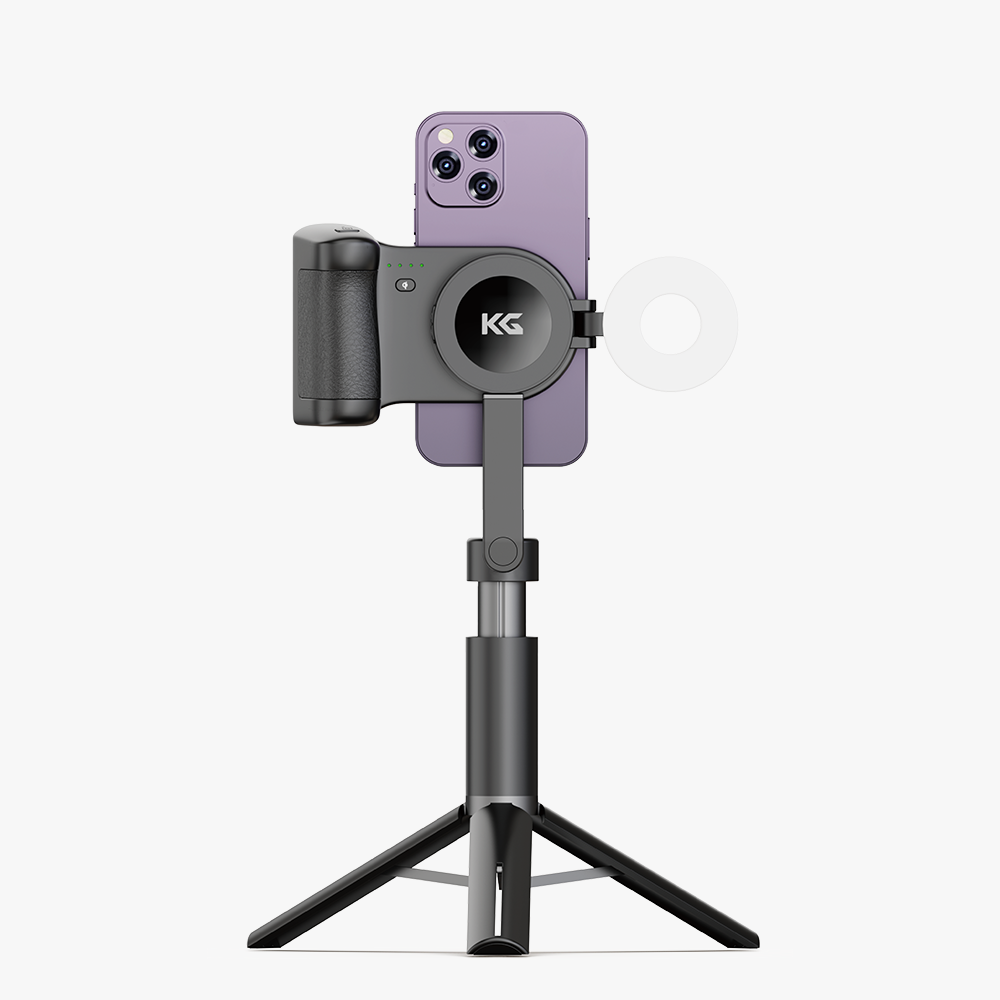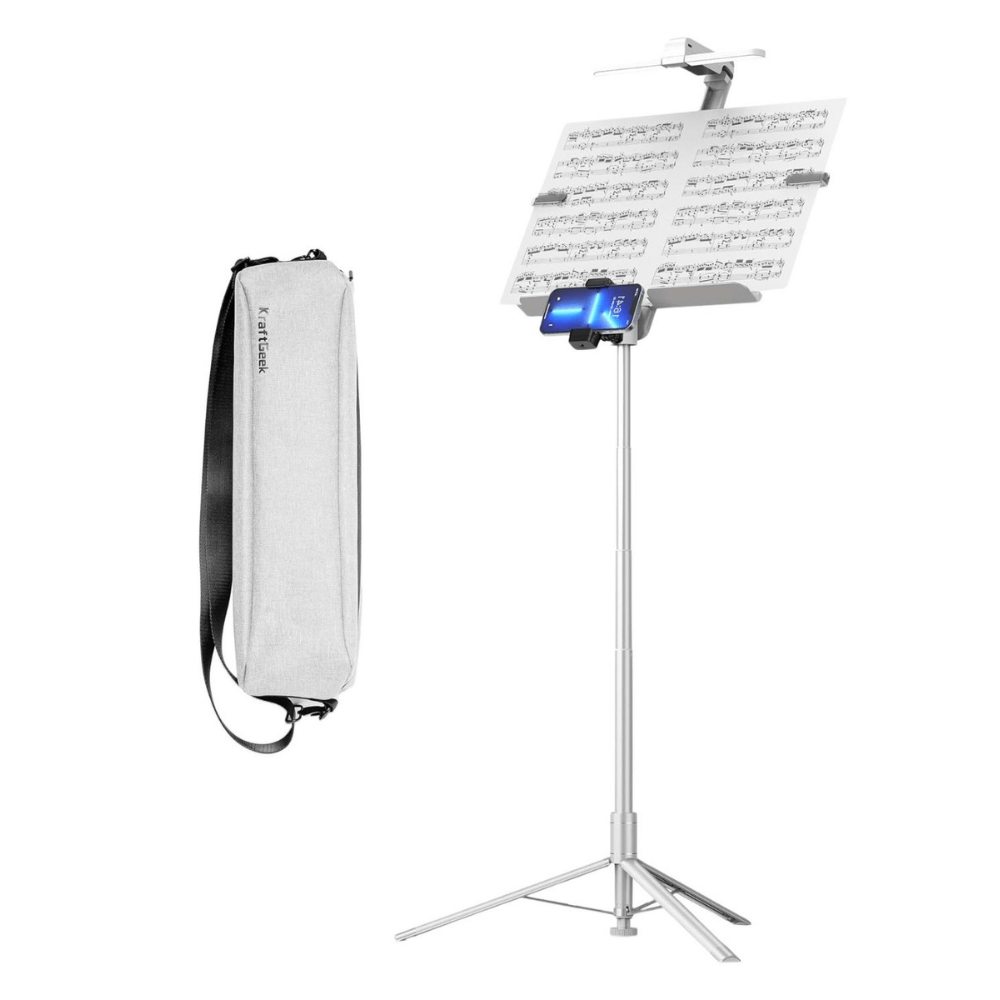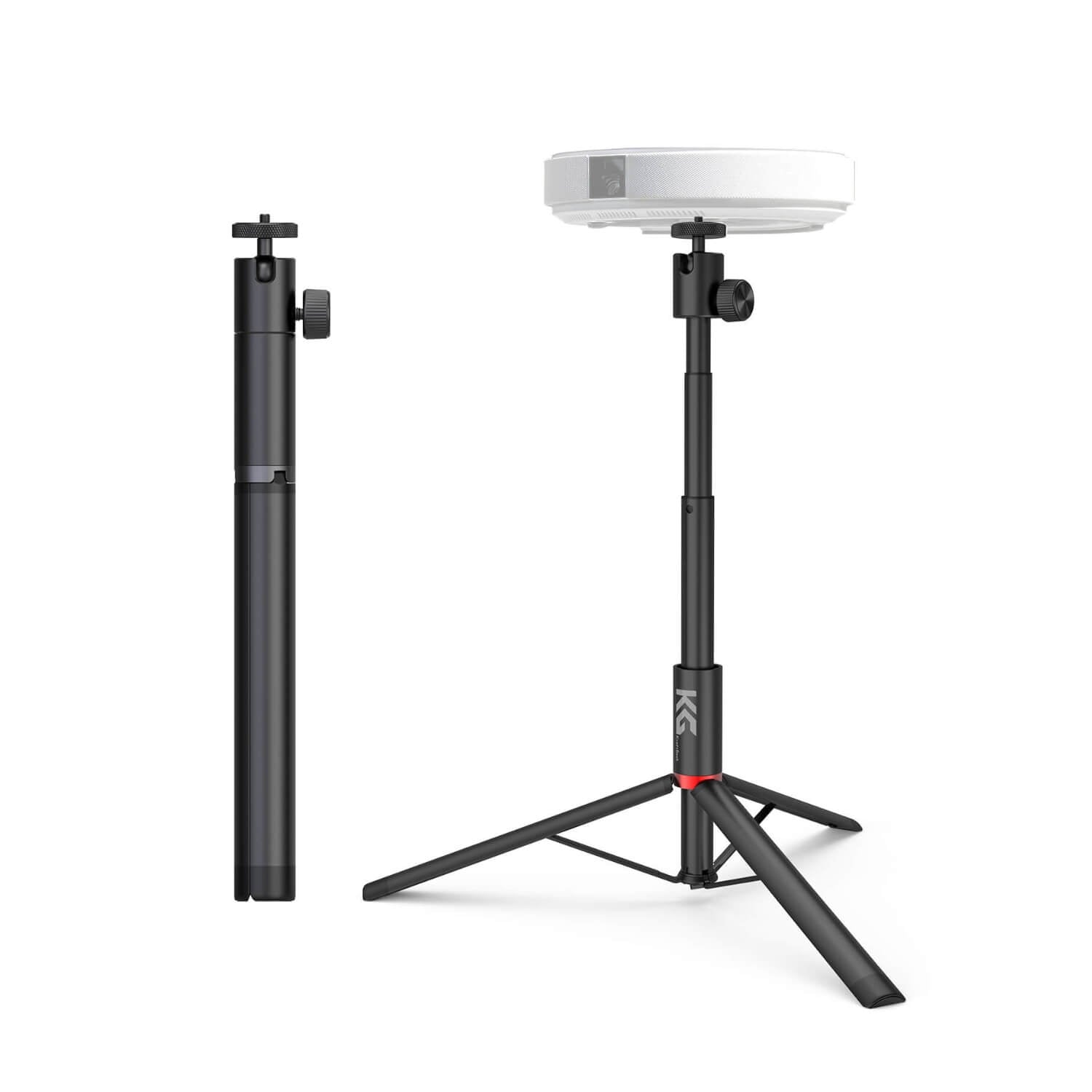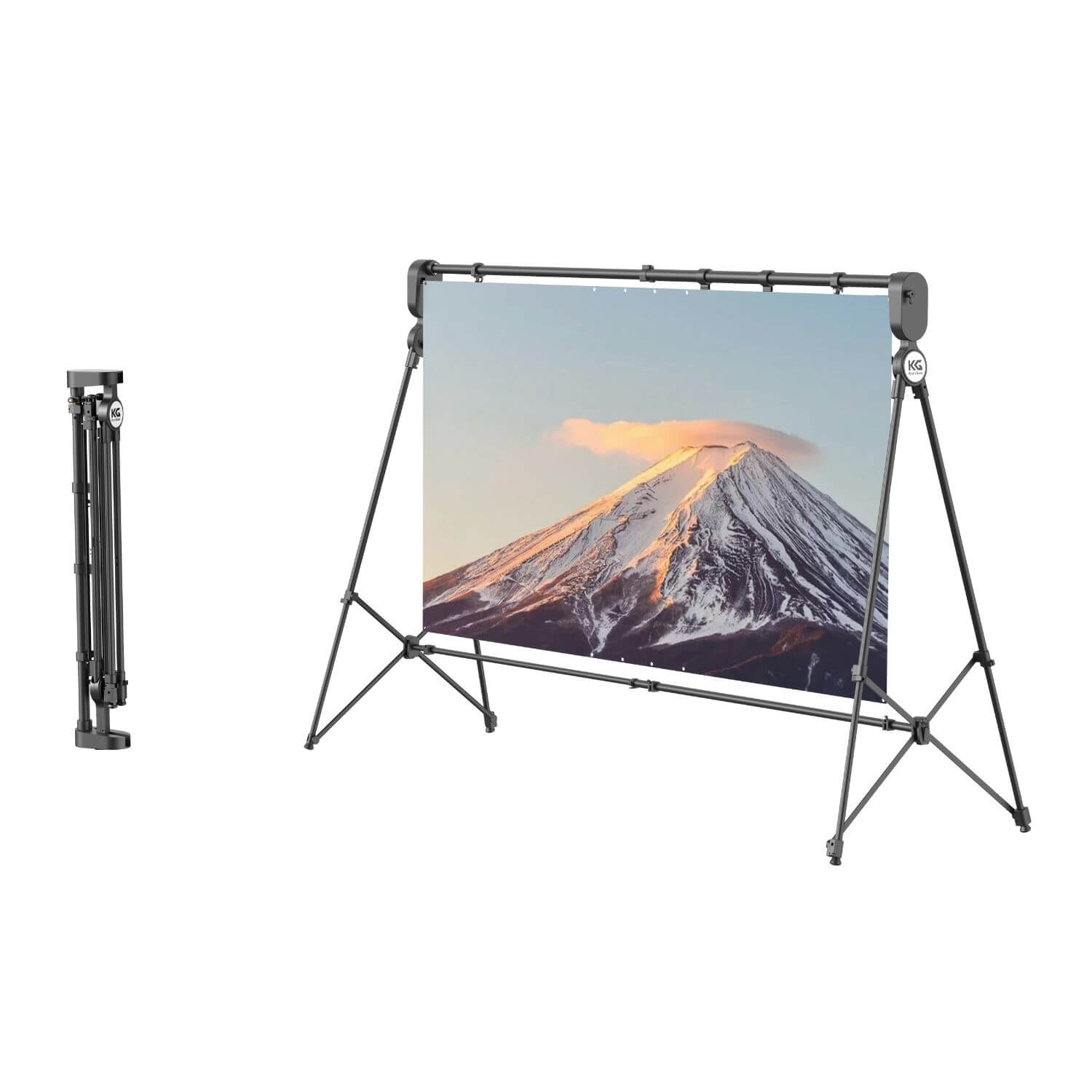Are you passionate about music and dream of creating your own compositions? Becoming a composer is a rewarding journey that combines creativity, technical skill, and perseverance. Whether you're aiming to write symphonies for orchestras, scores for films, or music for video games, the path to becoming a composer involves a blend of education, practice, and networking.
What Is The Role Of A Composer?
A composer is an individual who writes music, creating original pieces for various purposes. Composers can work in a range of genres, including classical, jazz, film scores, video game music, and advertising jingles.

Unlike songwriters, whose work typically focuses on pop music with lyrics, composers often produce instrumental music and work with larger musical structures. Composers write music for:
1. Classical Composers
Classical composers write music for orchestras, chamber ensembles, solo instruments, and vocalists. Their work is often performed in concert halls and recorded for albums.
- Classical composers generate new compositions, ranging from symphonies and operas to string quartets and solo pieces.
- They decide which instruments will play each part of the composition, crafting rich textures and timbres.
- Detailed written scores must be prepared for performers, often using music notation software.
- Composers frequently revise their works based on feedback from conductors and performers to achieve the desired sound and performance quality.
2. Film and TV Composers
Film and TV composers create scores that enhance the emotional and narrative impact of visual media. This role involves close collaboration with directors and producers.
- Working with the director to identify where music is needed in the film and discussing the desired mood and style for each cue.
- Developing central musical themes that represent characters, locations, or narrative elements.
- Writing individual pieces of music (cues) that align with specific scenes and transitions in the film.
- Ensuring the music matches the timing of the visual elements, often using sophisticated software to sync the score with the film.
- Overseeing the recording of the score, often with live musicians or orchestras, and ensuring high production quality in the final mix.
3. Video Game Composers
Video game composers create dynamic soundtracks that adapt to the player’s actions and the game's environment. Their work enhances the gaming experience and immersion.
- Writing music that changes based on the player’s actions, requiring an understanding of adaptive music techniques.
- Creating music that can loop seamlessly and layers that can be added or removed to match game intensity and action.
- Collaborating with sound designers to ensure the music complements sound effects and ambient noises without overwhelming them.
- Utilizing specialized software like Wwise or FMOD to implement and manage how music interacts with the game engine.
4. Commercial Composers
Commercial composers, often referred to as jingle writers, create catchy and memorable music for advertisements and corporate branding. Their work is designed to capture attention and convey messages quickly.
- Understanding and interpreting client briefs to create music that aligns with the brand’s message and target audience.
- Crafting short, memorable melodies that are instantly recognizable and can evoke specific emotions or associations.
- Being able to work in a variety of musical styles to meet the diverse needs of different clients.
- Working under tight deadlines to deliver high-quality music promptly.
5. Jazz Composers
Jazz composers write music that often includes significant elements of improvisation and is performed by jazz ensembles. Their work can be recorded or performed live in clubs, festivals, and concerts.
- Writing lead sheets or charts that outline the melody, harmony, and structure of a piece, often leaving room for improvisation.
- Arranging existing compositions for various ensembles, which may involve re-harmonizing, re-orchestrating, and altering the form.
- Working closely with musicians to refine the performance, considering their individual styles and strengths.
- Sometimes directing live performances, ensuring that the music flows smoothly and that transitions between composed and improvised sections are seamless.
RELATED: Digital vs. Traditional: Exploring the Pros and Cons of Different Music Stand Types
6. Theatre and Musical Composers
Theatre and musical composers write music for stage productions, including musicals, plays, and operas. Their work is crucial in advancing the narrative and developing characters.
- Creating songs that fit the narrative, character development, and emotional arc of the production.
- Composing background music that enhances the dramatic action and dialogue without overshadowing it.
- Working closely with writers to ensure the music aligns with the script and lyrics.
- Assisting during rehearsals to refine the music’s integration with the performance, making adjustments as needed.
7. Electronic Music Composers
Electronic music composers create music using digital instruments and software, often for genres like EDM, ambient, and experimental music.
- Creating unique sounds and textures using synthesizers, samplers, and effects processors.
- Composing, arranging, and producing tracks entirely within a digital audio workstation (DAW).
- Often performing live using DJ equipment, controllers, and software to manipulate and remix their music in real-time.
- Working with visual artists to create multimedia experiences where music and visuals are tightly integrated.
Essential Skills And Qualifications Of A Composer
To become a successful composer, you need a strong foundation in music theory and a broad understanding of musical instruments and their capabilities. Here are some essential skills and qualifications:
- Deep knowledge of harmony, melody, rhythm, and musical structure.
- Ability to play one or more instruments, often the piano, which is essential for composing.
- Understanding how different instruments interact and how to write for various ensembles.
- Ability to generate unique musical ideas and develop them into complete compositions.
- Proficiency with music software like Logic Pro X, Sibelius, or Finale for composing and arranging music.
- Ability to collaborate with directors, producers, and musicians, especially in film and media.
Formal education, such as a degree in music composition, can be highly beneficial, though not strictly necessary. Many successful composers have learned through a combination of formal education and practical experience.
Education And Training Of A Composer

While a formal education is not mandatory, attending a music school or conservatory can provide a solid foundation in composition. Programs often include courses in music theory, ear training, orchestration, and conducting. Notable institutions with strong composition programs include the Juilliard School, Berklee College of Music, and the University of Southern California.
RELATED: Beat vs Rhythm - Understanding The Key Differences
How To Start Out As A Composer
1. Develop Your Craft
Dedicate time every day to composing. Consistent practice helps refine your skills and develop your unique voice. Analyze the scores of your favorite composers. Understand their use of harmony, melody, and orchestration.
2. Build a Home Studio
Invest in a good computer, digital audio workstation (DAW), MIDI keyboard, and high-quality headphones or monitors. Familiarize yourself with music notation software like Sibelius or Finale and DAWs like Logic Pro X, Cubase, or Pro Tools.
3. Network and Collaborate
Reach out to local filmmakers, game developers, and theater groups. Offer to compose music for their projects. Attend music festivals, workshops, and industry conferences to meet other professionals and potential collaborators.
4. Create a Professional Online Presence
Build a professional website showcasing your portfolio, biography, and contact information. Make it easy for potential clients to find and listen to your work. Use platforms like Instagram, LinkedIn, and Twitter to share your projects and connect with industry professionals.
5. Gain Experience
Work on student films and indie projects to gain practical experience. These projects often welcome new composers and can provide valuable portfolio pieces.
RELATED: A Beginner's Guide to Reading Sheet Music
Product Recommendations
Conclusion
Becoming a composer is a challenging but immensely rewarding journey. It requires a blend of musical talent, technical skills, and business acumen. By understanding the role, acquiring the necessary skills, and building a strong portfolio, you can set yourself on the path to success.










